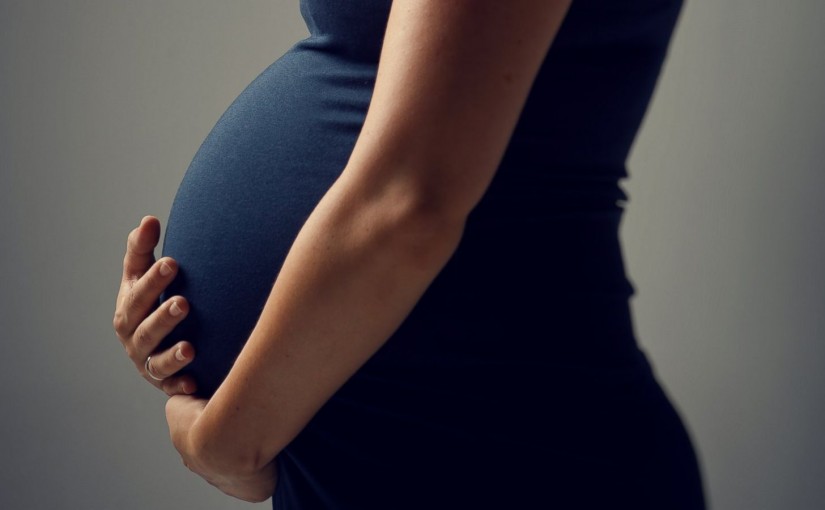The State Department has published a Jan. 24 rule taking aim at birth tourism. The rule prohibits issuance of a B-2 (visitor for pleasure) visa if the applicant’s primary purpose for traveling to the U.S. is to gain citizenship for a child by giving birth in the U.S.
The new rule will not prohibit pregnant women from obtaining visas. But the rule does require consular officers to make a presumption that stacks the deck against pregnant women:
Any B nonimmigrant visa applicant who a consular officer has reason to believe will give birth during her stay in the United States is presumed to be traveling for the primary purpose of obtaining U.S. citizenship for the child.
The new rule also does not foreclose the possibility of getting a B-2 visa where the mother’s primary purpose in giving birth in the U.S. is not to gain citizenship for the child. For example, a B-2 visa could be issued if the mother’s primary purpose is to seek specialized medical care in the U.S. for a complicated pregnancy. Or if one of the child’s parents is a U.S. citizen, such that the child would automatically acquire citizenship if born abroad, then a B-2 visa could be issued. In either case, the visa applicant would need to show that she has a legitimate reason to come to the U.S. to give birth, has arranged for a hospital to provide related medical services, and has the resources to pay for those services.
President Trump has, of course, been a frequent critic of birthright citizenship, the provision of the 14th Amendment to the U.S. Constitution stating that “all persons born . . . in the United States, and subject to the jurisdiction thereof, are citizens of the United States.” In 2015 then-candidate Donald Trump called for eliminating birthright citizenship outright.
Still, the Trump administration’s stated rationale for the new rule seems crazy:
Foreign governments or entities … may seek to benefit from birth tourism for purposes that would threaten the security of the United States.
Predictably, the supplementary information accompanying the new rule cites to no example of a foreign government sending women to the U.S. to give birth to future spy babies. Nor did a State Department spokesperson elaborate when asked about this multiple times by reporters during a press briefing.
David Bier of the CATO Institute writes that he “can’t even imagine a hypothetical scenario” where a foreign government uses birth tourism to threaten the U.S.
The Trump administration also uses national security as an excuse to skip the normal “notice and comment” process for new rules. Under the Administrative Procedures Act, new rules are generally published as proposals, and the public is given an opportunity to comment before they become final. This rule was published as final without public input, according to the administration, because it would allow foreign governments to comment on the rule. Presumably the administration is concerned that foreign governments would complain that the administration has foiled their plans to birth a phalanx of spy babies in the U.S.
The real reason to restrict birth tourism is that it is a loophole on sovereignty. It allows foreign parents to choose for their children to become American, rather than allowing Congress to enact and immigration agencies to implement a legislative scheme setting forth who should be eligible for naturalization.
I expect that the Department of Homeland Security will promulgate similar regulations applicable to pregnant applicants seeking to enter the U.S. Such regulations would be needed to cover foreign travelers coming from any of the 39 mainly European and Asian countries enrolled in the Visa Waiver Program, which allows citizens of those countries to come the U.S. without a visa for temporary stays. Such a rule would also be a check on holders of multiple-entry B-2 visas issued years ago for a different purpose but who later seek to give birth in the U.S.
Some people will dismiss the new State Department rule as largely ineffective since many women may be able to get a B-2 visa without the consular officer detecting they are pregnant. But there are legal consequences on the back end. If a mother gives birth in the U.S. with the primary purpose of gaining citizenship for her child–an activity now prohibited by regulation–she has just violated the terms of her visa. That is grounds for a consular officer to cancel her current visa and deny her future visas. Finally, under State Department rules (9 FAM 302.9-4(B)(3)), engaging in activities in the U.S. that are inconsistent with the terms of a visa can be a ground for a consular officer to determine that the individual obtained the visa or admission to the U.S. through making a willful misrepresentation to an immigration official, making the individual permanently ineligible to obtain a U.S. visa or enter the U.S.

Leave a Reply